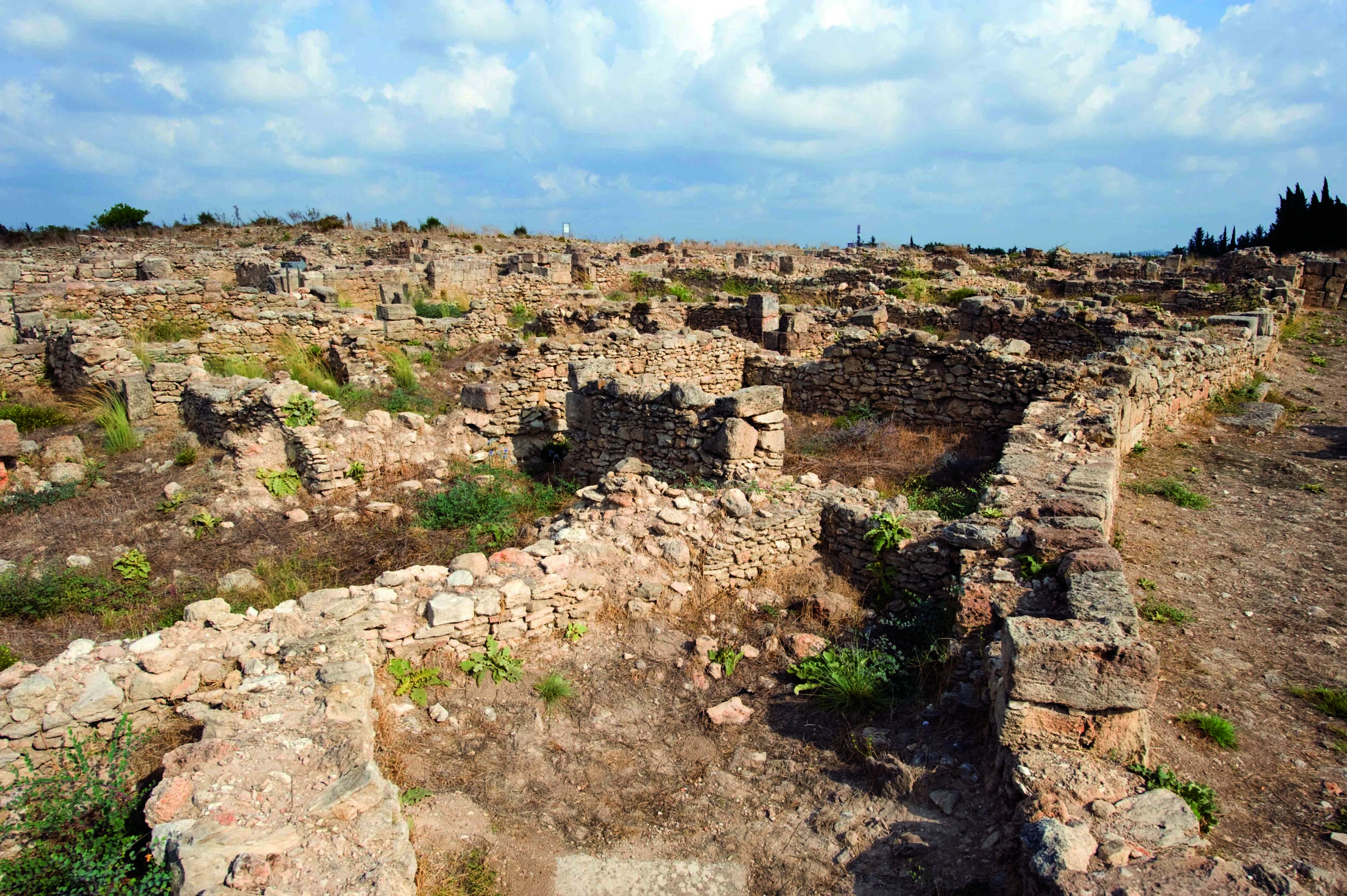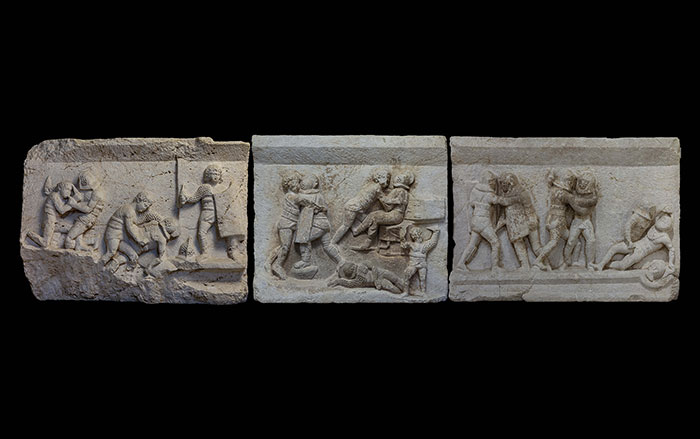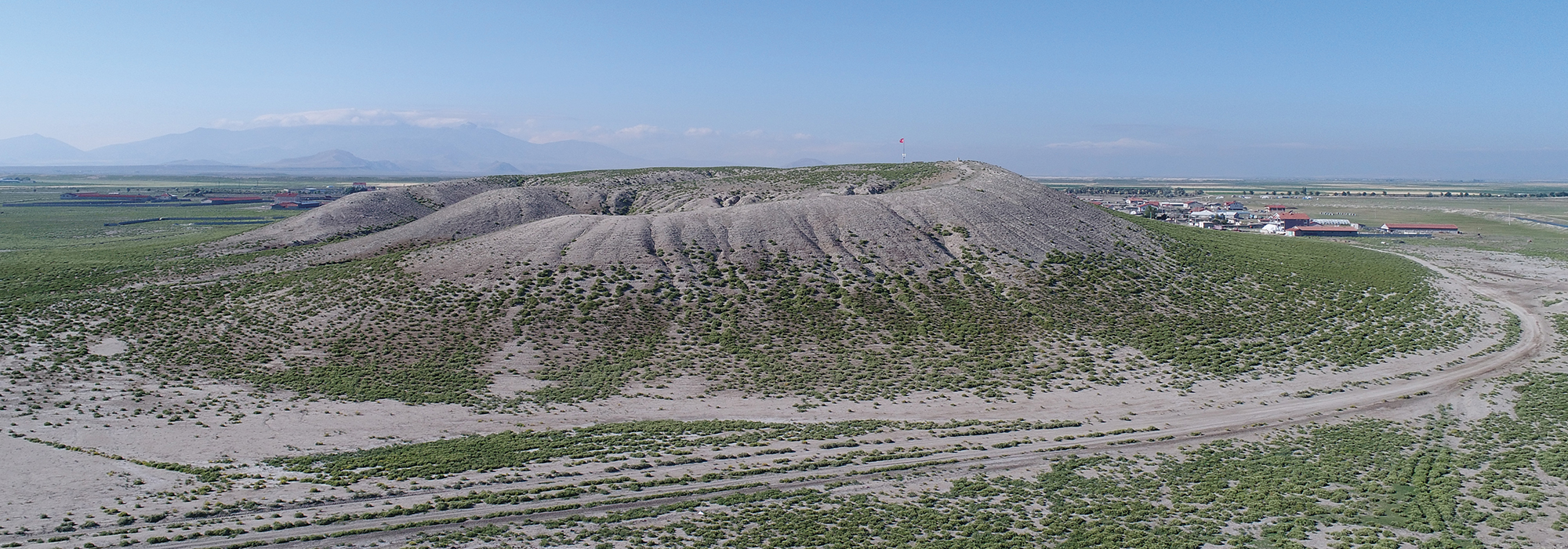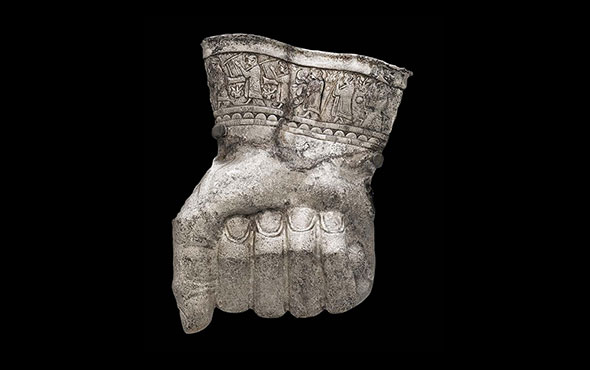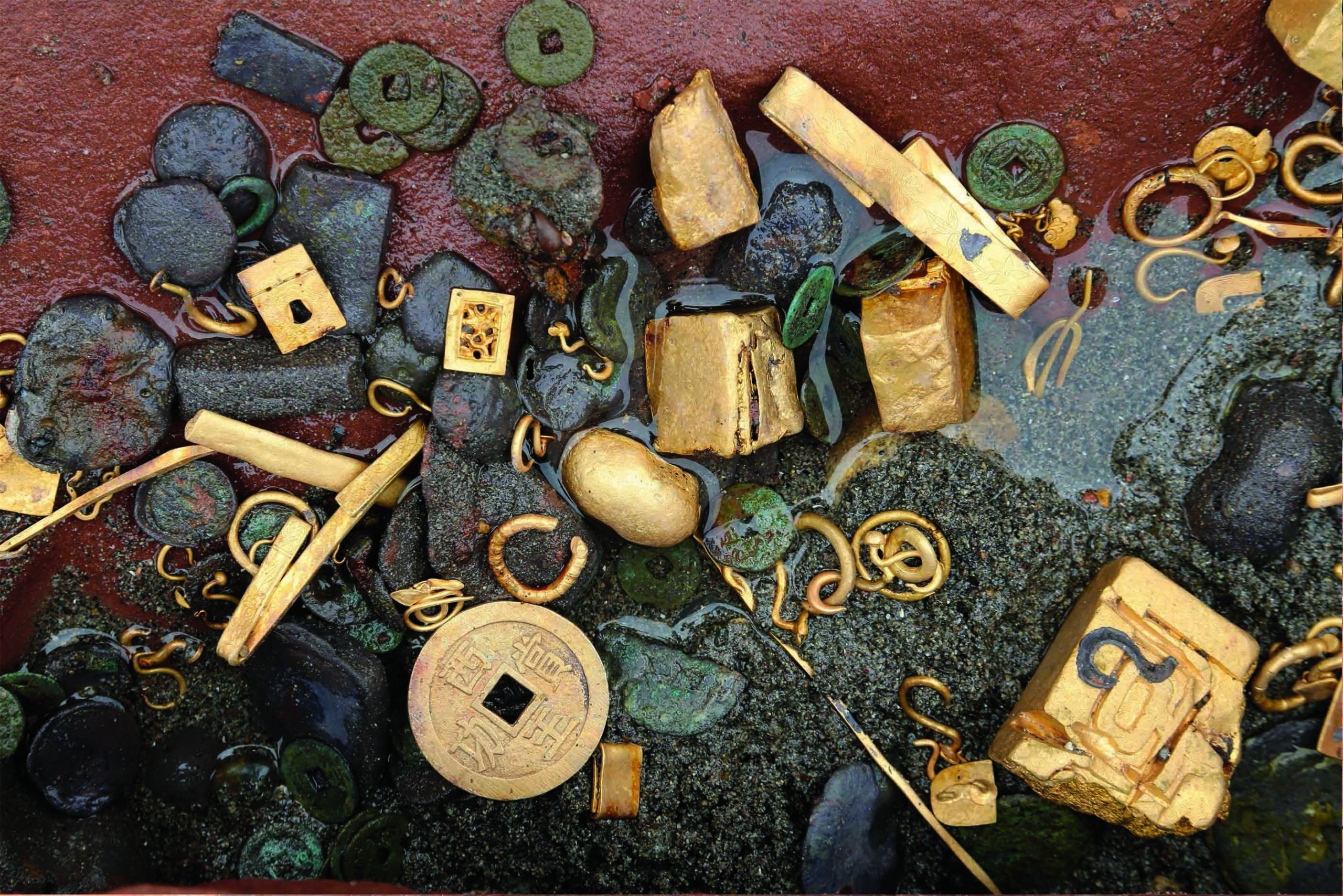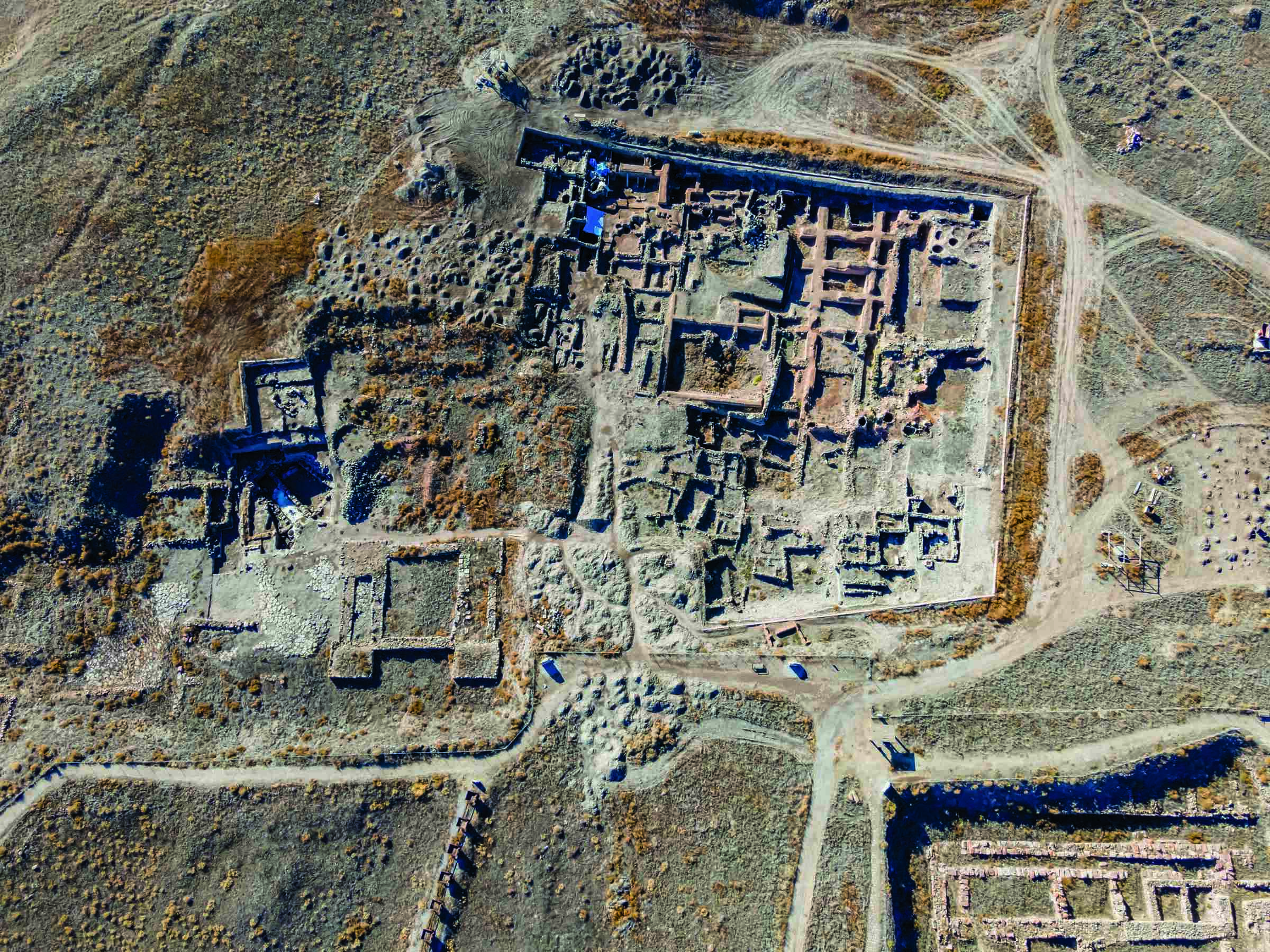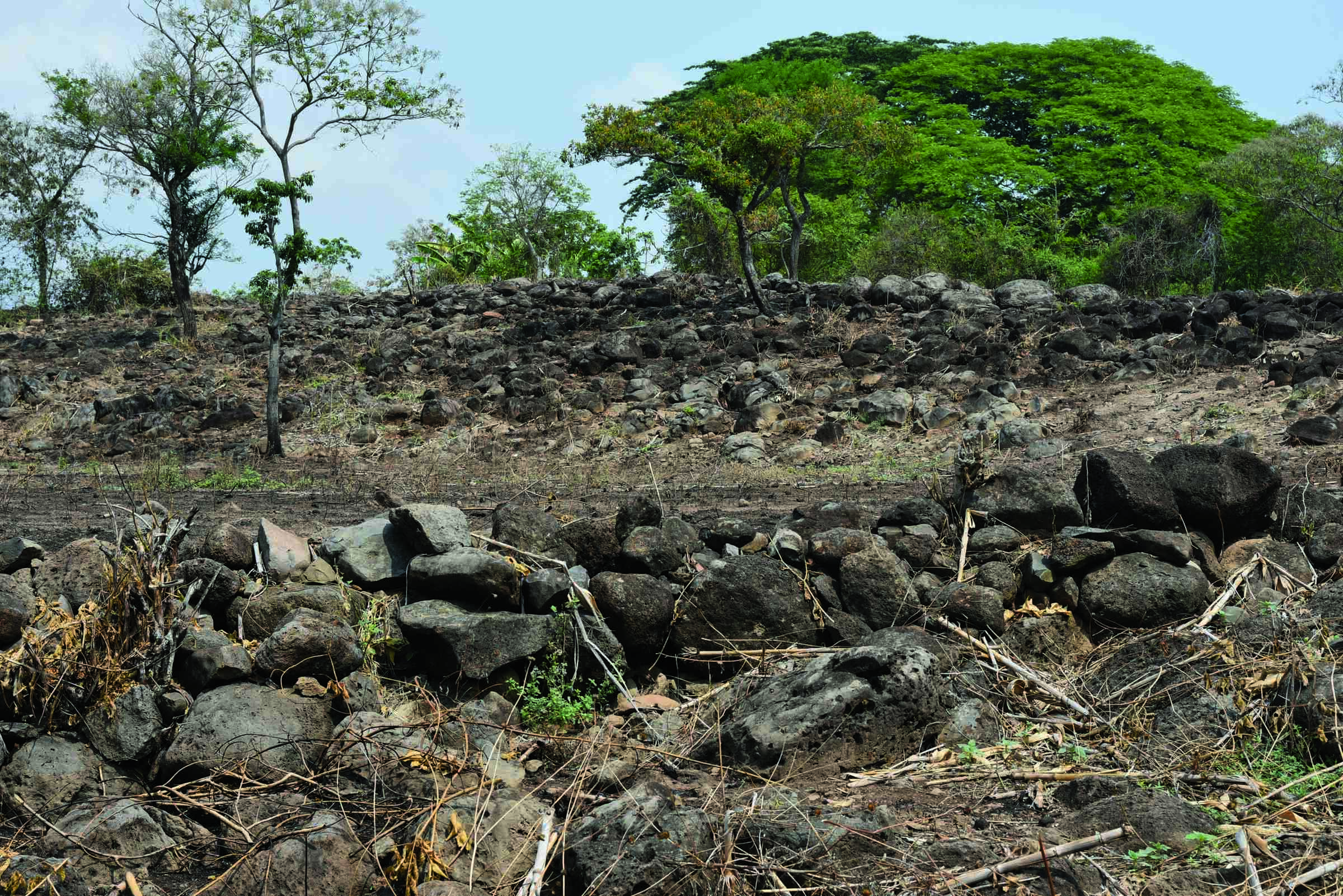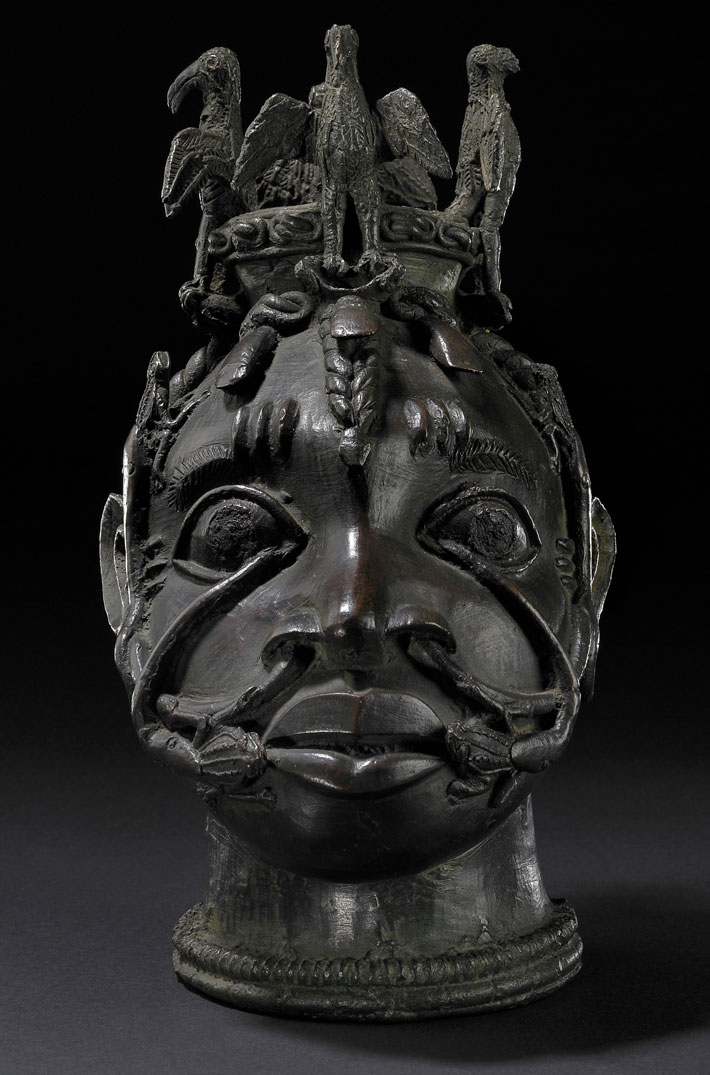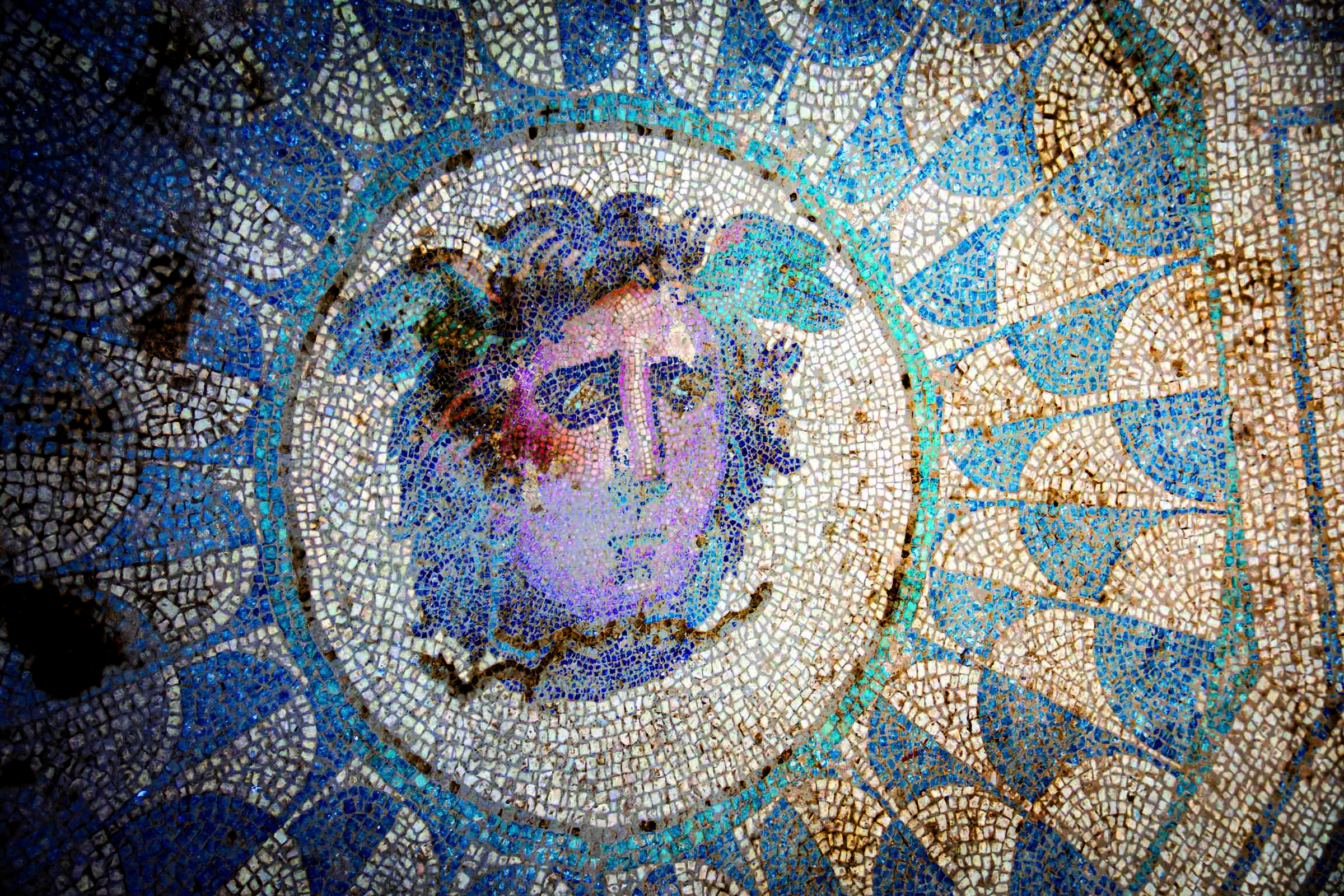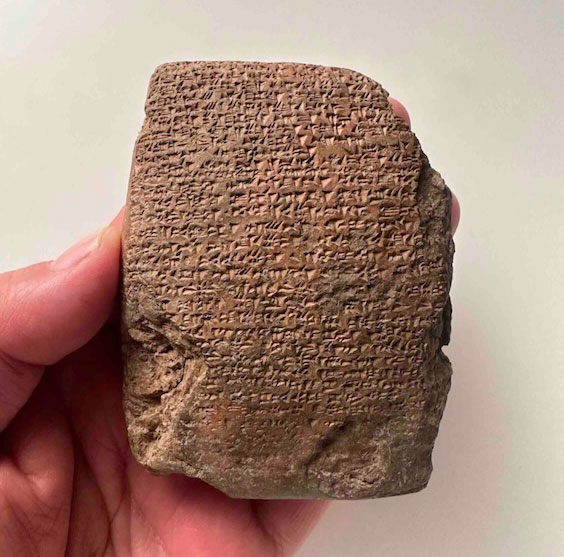
TOKYO, JAPAN—According to a Live Science report, a well-preserved cuneiform tablet unearthed last year by Kimiyoshi Matsumura of the Japanese Institute of Anatolian Archaeology at the site of Büklükale in central Turkey has been translated by Mark Weeden of University College London. The inscription, dated to the reign of the Hittite king Tudhaliya II some 3,300 years ago, includes texts written in both the Hittite and Hurrian languages. Previous research has indicated that the site was a major Hittite city, but the text, which appears to be a record of a ritual performed by a Hittite king, indicates that it may also have served as a royal residence. The Hittite inscription describes the outbreak of a war, while the inscription written in Hurrian, a language used by the Hittites for religious ceremonies, is a prayer to the storm god Teshub asking for divine advice and victory. “It indicates that, at the least, the Hittite king came to Büklükale … and performed the ritual,” Matsumura said. To read about 4,000-year-old cuneiform tablets excavated at the Anatolian city of Kanesh, go to "Assyrian Women of Letters."


